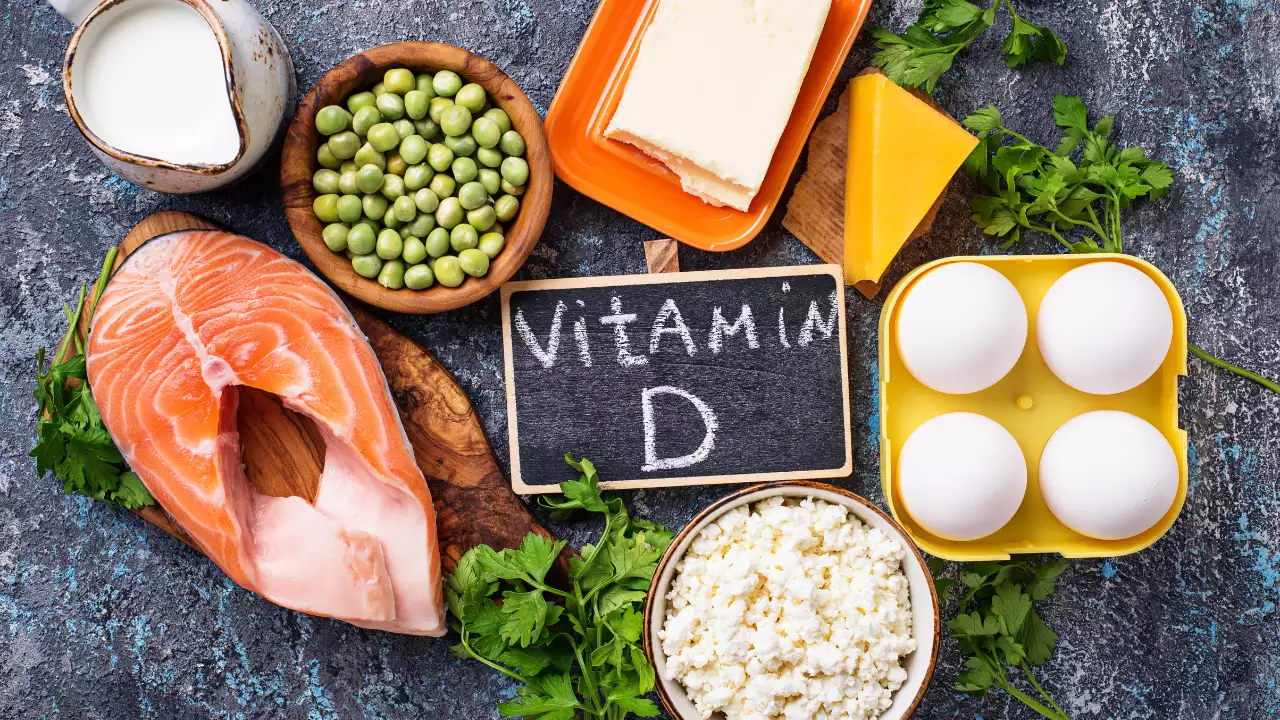Vitamin D is essential for everyone. However, those aged 71 and over require the most—20 mcg or 800 IU every day. This is why: Vitamin D enhances calcium absorption, which is one of the primary building blocks of healthy bones. Along with calcium, it helps protect against osteoporosis, a condition that thins and weakens bones, making them more susceptible to fracture.
To delve into the details of the top vitamin D advantages, what its shortage means for the elderly, and how to obtain more of it, we speak with Dr. Aashish Chaudhry, Director and Head of the Department of Orthopaedics and Joint Replacement, Aakash Healthcare, New Delhi.
Stronger bone
Vitamin D, Dr. Chaudhry says, promotes calcium absorption in the intestines, allowing for bone mineralisation. "This is especially important for the elderly in preventing osteoporosis, a condition characterised by low bone density," he says.
Stronger muscles
Vitamin D has an important role in muscular strength in addition to bone formation. According to Dr. Chaudhry, inadequate vitamin D levels in the body can lead to weak muscles, which can impair balance and increase the risk of falling in older persons.
Improved immunological function
Vitamin D, the expert says, strengthens the immune system by combating dangerous bacteria and viruses and avoiding illness, including aiding in the battle against viral infections like influenza and the coronavirus.
Promoting greater dental health
"Vitamin D helps the body absorb calcium, which reduces the risk of tooth decay and gum disease. Vitamin D promotes healthy gums and teeth," Dr. Chaudhry says.
A precaution against hypertension
Several studies show that vitamin D may help manage high blood pressure, which is one of the risk factors for cardiovascular disease. Researchers believe that even a short-term vitamin D deficiency might directly elevate blood pressure and cause organ damage.
Vitamin D insufficiency might cause problems
Vitamin D insufficiency, also known as hypovitaminosis D, is becoming more widespread in people of all ages, with older adults being particularly vulnerable. Dr. Chaudhry says that the symptoms of low vitamin D are frequently subtle and can be mistaken for other health concerns in seniors, but keep an eye out for one or more of these indicators.
Weak muscles
Vitamin D insufficiency in older persons is significantly connected with muscular weakness. "The combination of weaker muscles and bones induced by low vitamin D levels has been linked to an increased risk of falls and fractures," he says.
Excessive tiredness
Low vitamin D levels can also cause widespread discomfort in the shoulders, pelvis, rib cage, and lower back, leaving seniors feeling fatigued, according to Dr. Chaudhry.
Changes in both mood and cognitive function
Seniors who are consistently unhappy and weary may be vitamin D deficient. "Low vitamin D levels can also contribute to cognitive decline and increase the chance of acquiring Alzheimer's disease and other types of dementia," he explains.
Weight gain
Vitamin D appears to have a significant function in appetite regulation and body weight maintenance. "When a senior is lacking in vitamin D, the brain's impulses are jumbled, and the body does not know when to quit eating. This can cause people to overeat and gain weight," the expert tells us.
How to get more vitamin D
Getting 20 minutes of sunshine several times a week is an excellent way to start vitamin D intake. Aside from the sun, Dr. Chaudhry says, you can get more vitamin D from foods like salmon, tuna, mackerel, and sardines, as well as mushrooms. Vitamin D may be added to milk, orange juice, yoghurt, and morning cereals. If your doctor believes it is essential, you can take a vitamin D3 supplement as well.
Get Latest News Live on Times Now along with Breaking News and Top Headlines from Health and around the world.
